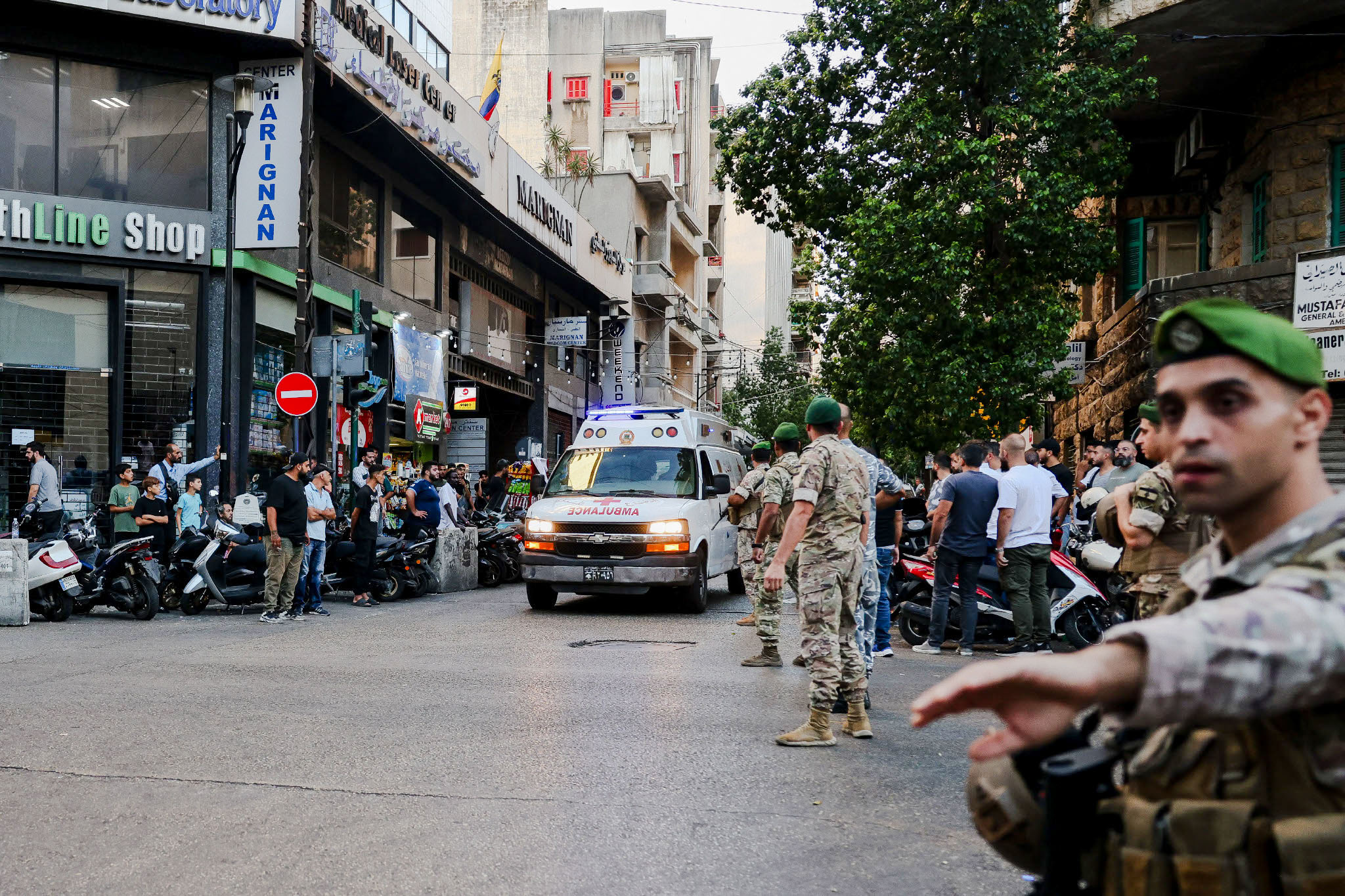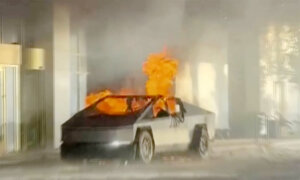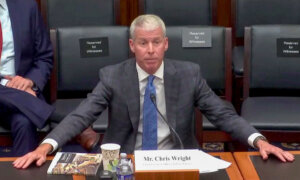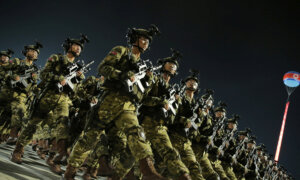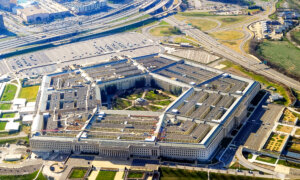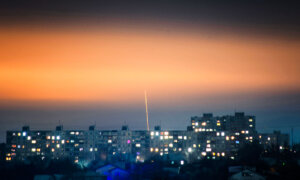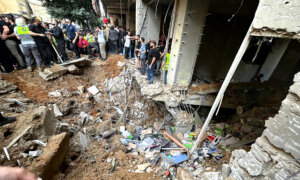Thousands of people across Lebanon were reported injured as their handheld pagers exploded on Sept. 17, Lebanese state media and security officials have said.
By Tuesday evening local time, Lebanon’s state-run National News Agency reported that some 2,800 people were injured in the pager blasts and eight more were killed, including a child. The National News Agency reported that most people injured in the mass pager explosions sustained injuries to their hands.
Lebanon’s Health Ministry called on hospitals throughout the country to be ready to take in emergency patients and advised people who use pagers to get away from the electronic devices.
The exact reason for the rash of exploding pagers is unclear, but many members of Hezbollah—which is designated a terrorist organization by the United States and Israel—appear to have been injured in the blasts.
Hezbollah leaders shared a statement through one of their affiliated press agencies on Tuesday, saying that members of various Hezbollah-aligned military units and political institutions were injured in these pager blasts.
Among those reported killed on Tuesday was Mahdi Ammar, the son of a Hezbollah-affiliated member of the Lebanese Parliament named Ali Ammar.
The Epoch Times could not immediately confirm who had been injured in the pager blasts.
Hezbollah has clashed with Israeli forces across the Lebanon–Israel border for months, in a skirmish that has shown signs of escalating into a wider conflict.
In a Tuesday statement, Lebanese Prime Minister Najib Mikati and his council of ministers described the pager explosions as an act of criminal Israeli aggression and a serious violation of Lebanon’s sovereignty.
Mikati said he also reached out to Ammar on Tuesday to express condolences for the death of his son.
The Israel Defense Forces declined a request for comment from The Epoch Times about the pager explosions occurring across Lebanon on Tuesday.
The Iranian Embassy in Lebanon reported that Iranian Ambassador Mojtaba Amani was injured in a blast while in Beirut on Tuesday. Iran’s Mehr News Agency, a semi-official publication of the Iranian government, reported that Amani’s injuries were the result of another pager blast, which it attributed to an Israeli cyber attack.
Iran’s Islamic regime has for years been aligned with Hezbollah in opposition to Israel.
At a Tuesday press briefing, U.S. State Department spokesman Matthew Miller said the U.S. government had no involvement in the pager explosions or advanced knowledge that these explosions would occur. He said the U.S. government is gathering information about the incident and that he would avoid speculating about the possible parties behind the explosions.

Ambulances are surrounded by people at the entrance of the American University of Beirut Medical Center after pager explosions hit locations in several Hezbollah strongholds around Lebanon amid ongoing cross-border tensions between Israel and Hezbollah fighters, in Beirut, Lebanon, on Sept. 17, 2024. (Anwar Amro/AFP via Getty Images)
White House press secretary Karine Jean-Pierre likewise said she would not speculate on the pager explosions during the Tuesday White House press briefing.
Middle East Tensions Run High
Hezbollah and Israeli forces began trading fire last fall, shortly after the Oct. 7, 2023, Hamas attacks across southern Israel. While Israeli forces have largely focused their attention on defeating Hamas—another U.S.- and Israeli-designated terrorist group—in the Gaza Strip, Israeli military leaders have prepared for a wider fight to Israel’s north.Efforts to reach a cease-fire in the Gaza Strip remain elusive after nearly a year of fighting.
Regional tensions also spiked over the summer after a mysterious blast killed Hamas political leader Ismail Haniyeh on July 31, as he visited Tehran to attend the inauguration of Iran’s new president, Masoud Pezeshkian.
The Israeli government didn’t claim responsibility for Haniyeh’s death, while both Hamas and Iranian leaders have blamed Israel for the killing. Iranian leaders have threatened Israel with retaliation.
Miller, speaking with reporters on Tuesday, reiterated U.S. calls for diplomacy after the pager explosions across Lebanon.
“We do want to see a diplomatic resolution to the conflict between Israel and Hezbollah,” Miller said on Tuesday. “We want to see one that allows the tens of thousands of Israelis who have been displaced from their homes and the tens of thousands of Lebanese who have been displaced from their homes to be able to return home. And that’s what we are continuing to pursue.”
The Associated Press contributed to this report.
